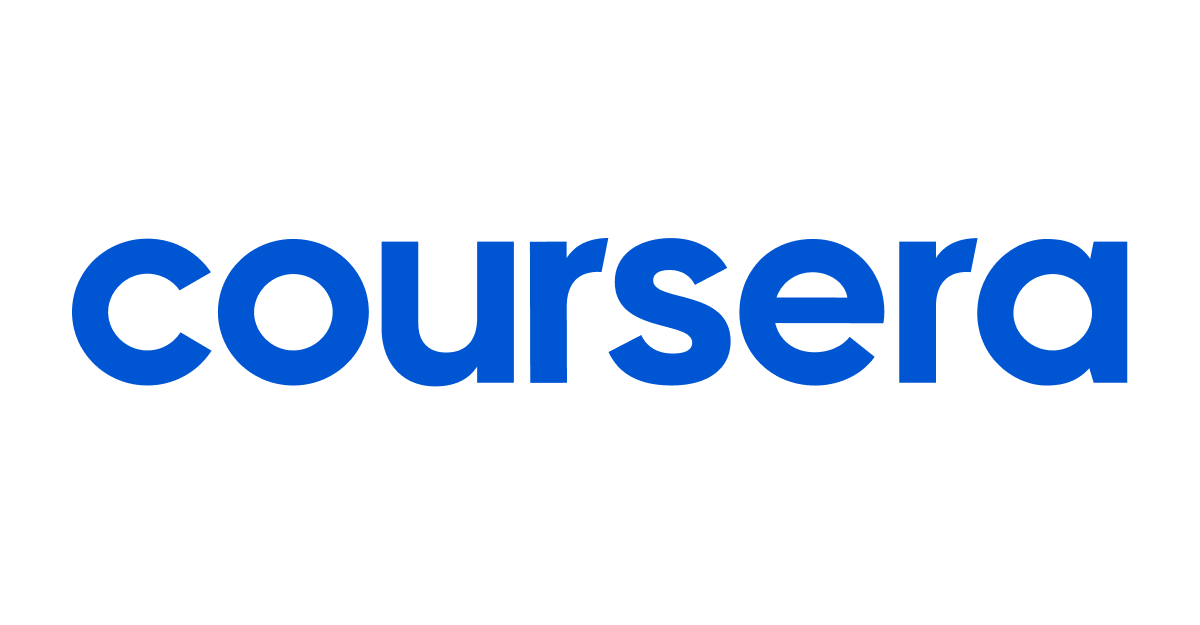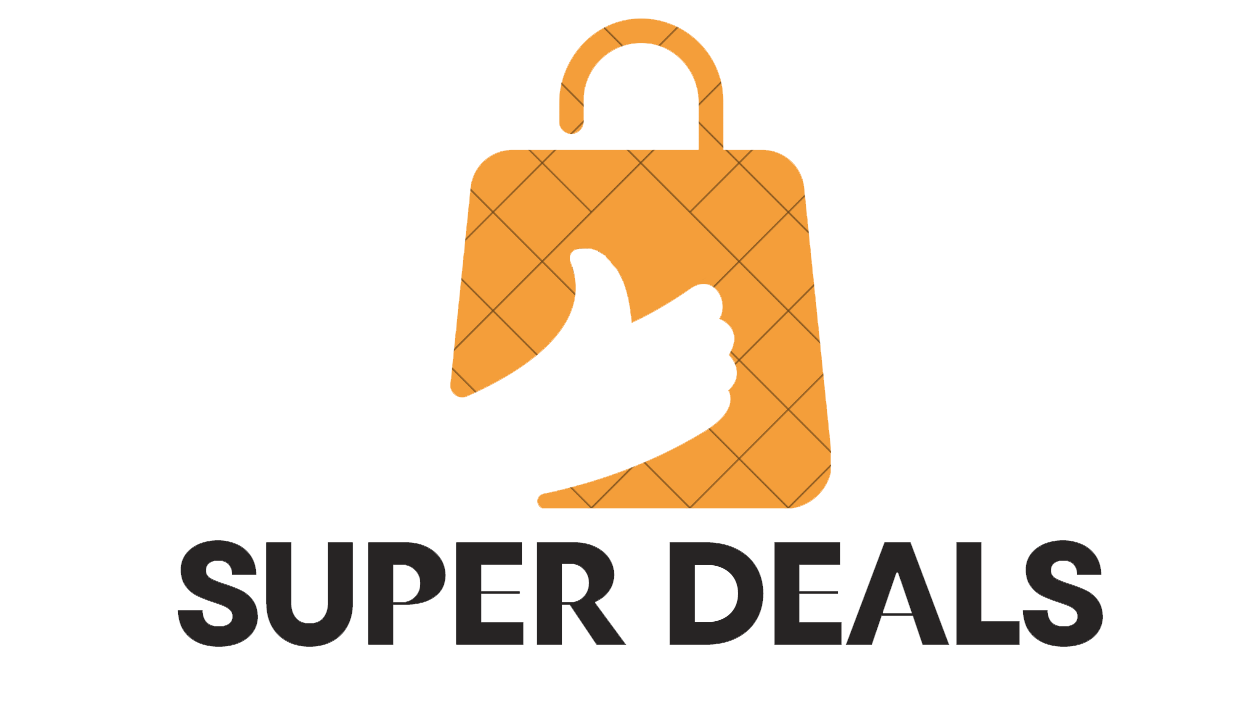
Coursera as a platform has been growing exponentially. Over the past two years, the number of registered learners on Coursera has more than doubled, and it s now the learning platform of choice for more than 90 million students. It’s also the online education platform of choice for large corporations such as Adobe and MasterCard for workforce training. At first glance, Coursera seems like the perfect platform for learning any topic online.
What is Coursera?
Coursera is an online platform that offers a wide range of courses and degree programs from top universities and institutions around the world. It was founded in 2012 by two computer science professors from Stanford University, Andrew Ng and Daphne Koller.
Coursera provides access to online courses, specializations, and degree programs in various fields, including business, computer science, social sciences, arts, humanities, and more. The courses are taught by professors and experts from top universities and institutions, and they are designed to be accessible and flexible for learners around the world.
Coursera offers both free and paid courses, and learners can earn certificates and degrees upon completion of their studies. The platform also provides a variety of tools and features to help learners track their progress and connect with peers and instructors.
How does Coursera work?

To get started on Coursera, learners can browse the course catalog to find courses that interest them. They can enroll in a course by creating a Coursera account and paying the course fee (if applicable). Some courses on Coursera are free, while others require a fee.
Once learners have enrolled in a course, they can learn at their own pace and on their own schedule. Coursera’s courses are designed to be self-paced, meaning that learners can watch lectures, complete assignments, and take quizzes and exams on their own time. Coursera provides a variety of tools and resources to help learners stay on track, including progress trackers and reminders.
In addition to the course content, Coursera provides opportunities for learners to connect with peers and instructors. Learners can participate in online forums, join study groups, and get feedback on their work from instructors. These features help learners feel more engaged with the material and can provide a sense of community and support throughout the learning process.
Once learners have completed a course or degree program, they can earn a certificate or degree. Coursera offers a variety of certificate and degree options, depending on the course or program. These credentials can be a valuable addition to a learner’s resume or educational portfolio.
How much does Coursera cost?
Coursera’s cost depends on the type of online class.
- Individual Coursera courses cost $29 to $99. In most cases, they can be audited for free.
- Coursera’s specialization programs are based on monthly payments of $39 to $89.
- The Coursera MasterTrack certificate programs cost beginning from $2,000, with some costing up to $5,000.
- Most online Bachelor’s and Master’s degrees cost between $10,000 to $50,000. A few cost less, an MBA for $6,000 and a Bachelor’s in Computer Science for $4,000-6,000, both offered by leading universities in India.
Coursera Plus is Coursera’s yearly subscription service through which learners can access all 10,000+ Coursera courses, projects, and specializations, as well as many of the professional certificates, with unlimited access. At $59/month or $399 annually, the plan offers excellent value for student such who take online courses frequently.
Pros and Cons of Coursera
Pros:
- Access to high-quality content: Coursera partners with top universities and institutions to provide access to high-quality educational content. Learners can access courses, specializations, and degree programs in a variety of fields.
- Flexible and self-paced learning: Coursera’s courses are designed to be self-paced, meaning learners can learn on their own schedule and at their own pace. This can be helpful for those with busy schedules or other commitments.
- Affordable and cost-effective: Many of Coursera’s courses are free, and learners can also earn certificates or degrees at a fraction of the cost of traditional education programs.
- Opportunities to connect with peers and instructors: Coursera provides tools and resources for learners to connect with other learners and instructors, which can help create a sense of community and support.
- Can enhance job prospects: Coursera’s certificates and degrees can be a valuable addition to a learner’s resume or educational portfolio, potentially enhancing job prospects.
Cons:
- Lack of in-person interaction: Because Coursera’s courses are online, there may be a lack of in-person interaction and engagement, which some learners may find less fulfilling.
- Limited feedback: While Coursera does provide opportunities for learners to get feedback from instructors and peers, the feedback may not be as extensive or detailed as it would be in a traditional education setting.
- Limited networking opportunities: While Coursera does provide opportunities for learners to connect with other learners and instructors, the networking opportunities may be more limited than they would be in a traditional education setting.
Customer Support
Coursera provides a variety of customer support resources to help learners with any questions or issues they may have while using the platform. One of the primary resources is the Help Center, which contains a comprehensive collection of articles and tutorials on a wide range of topics related to using Coursera. Learners can search the Help Center for answers to frequently asked questions, troubleshooting tips for common issues, and information about course content and features.
If learners cannot find the answers they need in the Help Center, they can contact Coursera’s customer support team for further assistance. Learners can submit a request through the “Contact Us” form, which is accessible from the Help Center or from the Coursera website. The form asks learners to describe their issue or question in detail and to provide any relevant screenshots or other materials that can help the support team understand the problem.
Coursera’s customer support team strives to respond to all requests as quickly as possible, typically within a few business days. If the issue cannot be resolved through email support, learners may be directed to additional resources, such as a community forum or a live chat support option. In some cases, learners may also be referred to the instructor of the course they are taking for further assistance.
In addition to these resources, Coursera also provides a variety of tools and features to help learners stay on track and get the most out of their learning experience. These include progress trackers, reminders, and opportunities to connect with other learners and instructors. By providing robust customer support resources and a range of tools and features, Coursera aims to create a supportive and engaging learning environment for all learners.
Conclusion
In conclusion, Coursera is an excellent online learning platform for lifelong learners. It offers access to high-quality education from top institutions around the world, is flexible and accessible, and provides a wide range of courses and specializations to suit your interests and career goals. Whether you’re looking to upskill, gain knowledge in a new field, or earn a degree from a top institution, Coursera is a great option to consider.


2 Comments
👍
Nice